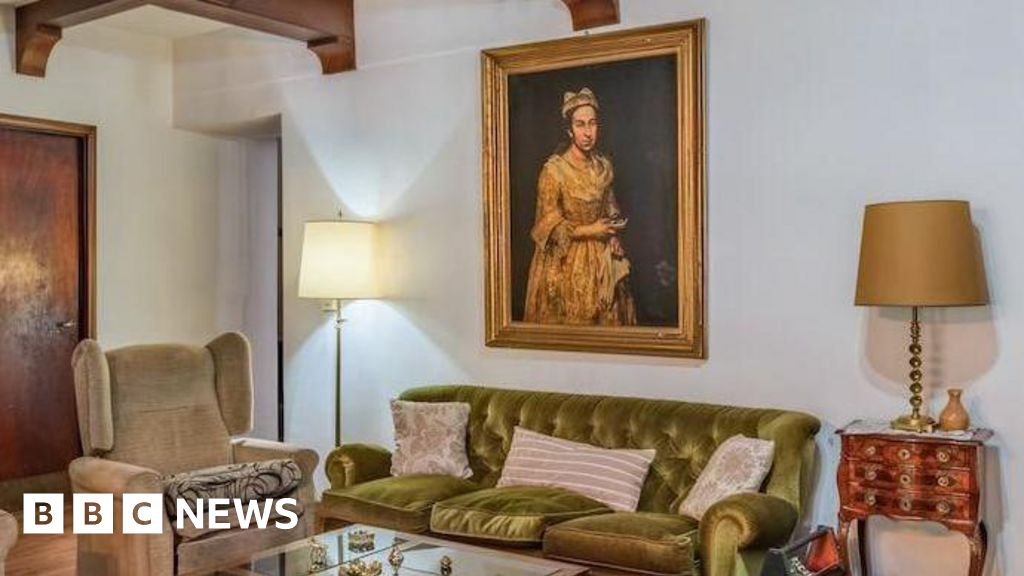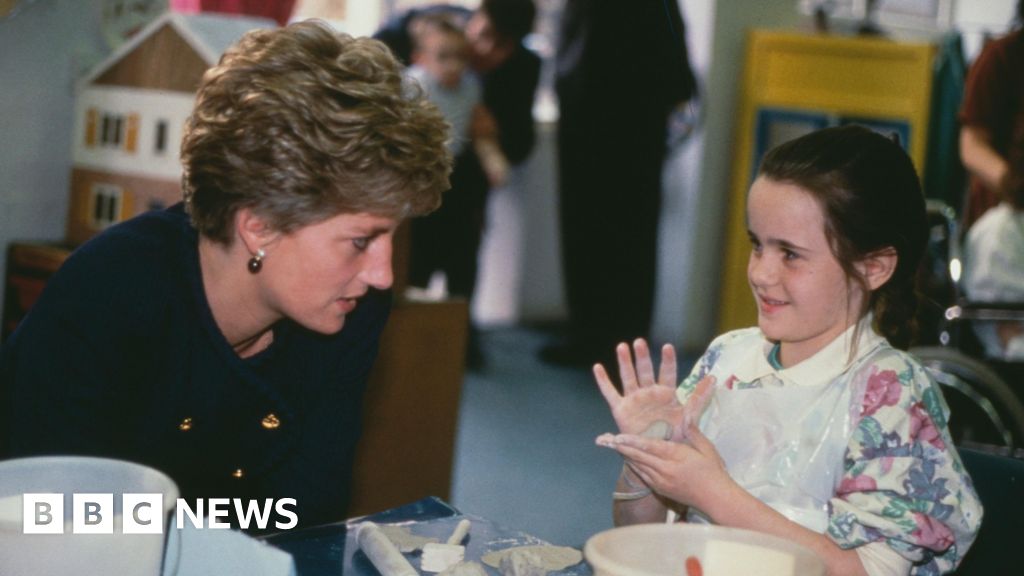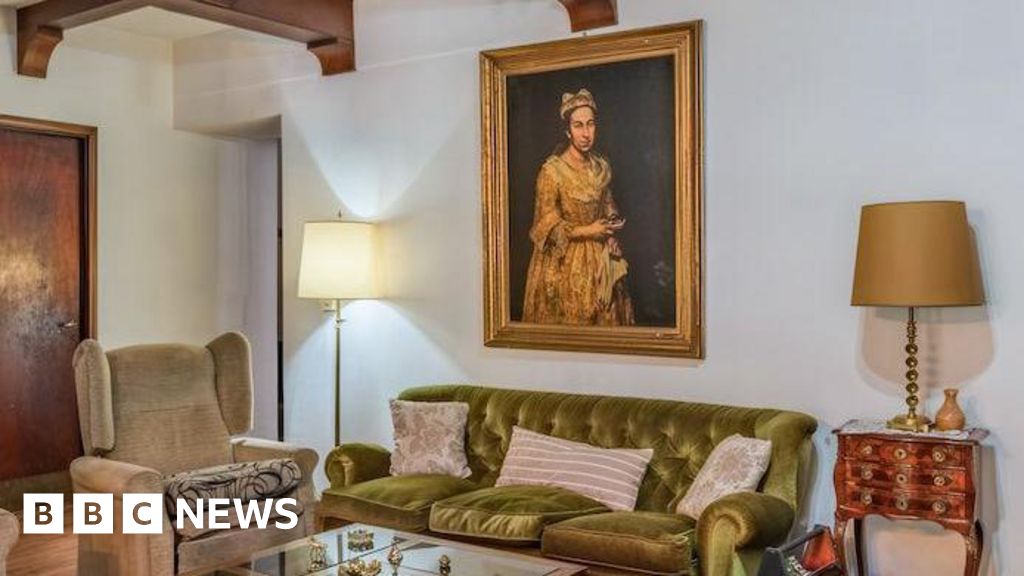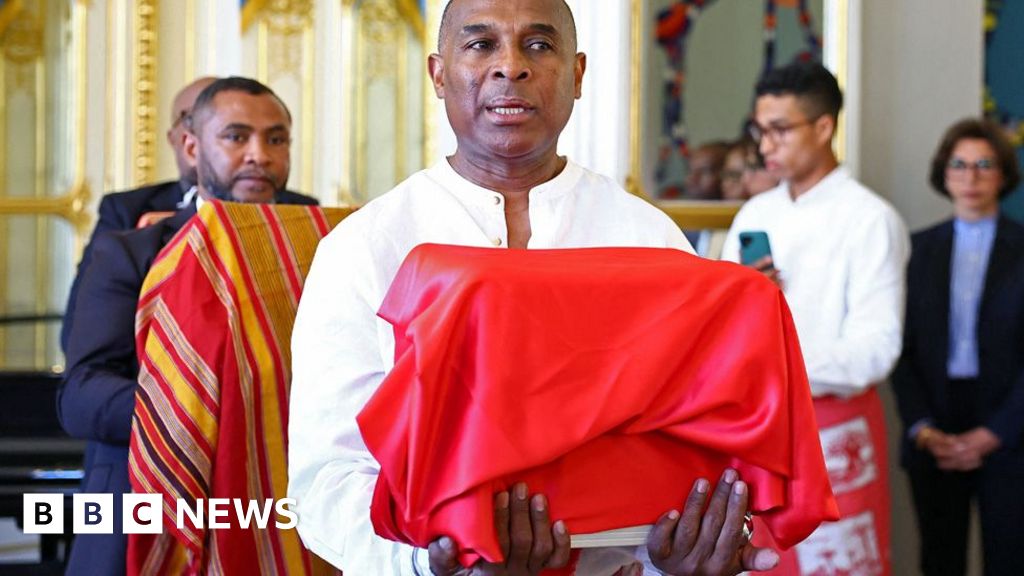As Daniel and Victoria Van Beuningen settled into their new home in Wroclaw, Poland, an old villa with an overgrown garden, they were blissfully unaware of the history that lay buried beneath their feet. The couple envisioned transforming the neglected property into a vibrant family haven, yet their curiosity about its past sparked a quest that would unearth tales from World War II.
Before moving, the Van Beuningens learned from neighbors that the villa had once been home to a Communist newspaper, but little else. Their desire to uncover more about its history led them to the Meinecke siblings in Heidelberg, who revealed their childhood experiences in the house before the war. They offered a shocking piece of information—there could be remains of German soldiers buried in the garden.
Initially uncertain of how to interpret this warning, the couple's skepticism turned to curiosity when Daniel’s digging for a water pipe revealed a Nazi-era helmet. This coincidental find prompted a visit from an archaeologist who informed them of documents indicating the presence of a “war cemetery” at their address. Acknowledging the seriousness of the situation, the couple agreed that an investigation was necessary.
Their commitment to understanding the past not only speaks to the consequences of historical events but challenges the narrative of who occupies a home and the memories entwined within its walls. As they navigate their home’s layered history, the Van Beuningens stand at a confluence of old wounds and new beginnings—a reminder that the past's specters often linger long after the conflict has ceased.




















